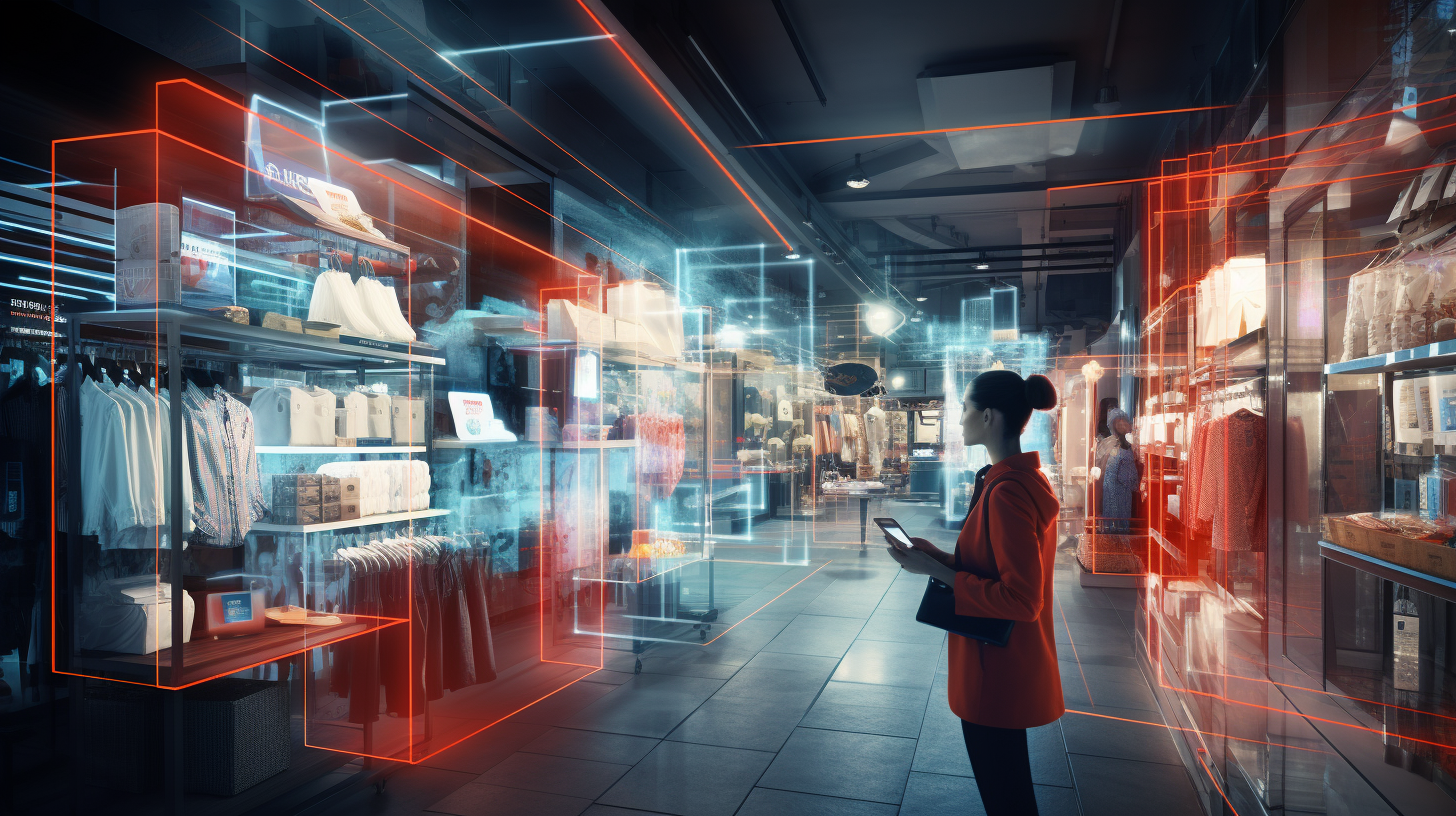Artificial Intelligence (AI) is revolutionizing the retail industry by providing smarter, faster, and more personalized solutions for both businesses and customers. Understanding how to effectively use AI in retail can help companies enhance customer experience, optimize operations, and drive growth in an increasingly competitive market.
How Can AI Be Used in Retail?
AI in retail involves leveraging machine learning, data analytics, and automation technologies to improve various aspects of the retail value chain—from inventory management to customer engagement. Retailers can harness AI to make data-driven decisions and deliver customized experiences that meet modern consumer expectations.
Key Ways to Use AI in Retail
Personalized Customer Experiences
AI algorithms analyze customer data, preferences, and purchase history to offer personalized product recommendations and targeted marketing. This helps retailers increase conversion rates and foster customer loyalty by delivering relevant offers and content.
Demand Forecasting and Inventory Management
AI can predict demand trends by analyzing historical sales, seasonal patterns, and external factors like weather or events. Accurate forecasting enables retailers to optimize stock levels, reduce waste, and avoid out-of-stock situations.
Chatbots and Virtual Assistants
AI-powered chatbots provide instant customer support, answering queries, assisting with purchases, and handling returns 24/7. Virtual assistants enhance the shopping experience by guiding customers through product selections and providing personalized advice.
Visual Search and Image Recognition
AI-driven visual search allows customers to upload images and find similar products quickly. Image recognition technologies help retailers improve product tagging, organize catalogs, and detect counterfeit goods.
Automated Pricing and Promotions
Dynamic pricing models powered by AI analyze competitor prices, demand fluctuations, and customer behavior to adjust prices in real-time. This maximizes sales and profit margins while offering attractive deals to shoppers.
Fraud Detection and Security
AI systems monitor transactions for unusual activity patterns to detect and prevent fraud. Enhanced security protocols protect both retailers and customers, building trust in online and offline shopping environments.
Considerations When Using AI in Retail
While AI offers tremendous benefits, retailers should keep these points in mind:
- Data Privacy: Collect and use customer data transparently and in compliance with privacy regulations.
- Customer Trust: Ensure AI-driven interactions feel helpful and human, not intrusive or robotic.
- Integration: Seamlessly blend AI tools with existing retail systems and workflows.
- Continuous Learning: Regularly update AI models to reflect changing consumer behaviors and market trends.
Conclusion
AI is reshaping retail by making operations more efficient and customer experiences more engaging. From personalized recommendations to intelligent inventory management, AI empowers retailers to stay competitive in a fast-evolving landscape. By adopting AI thoughtfully and ethically, retailers can unlock new growth opportunities while building stronger relationships with their customers.







Leave feedback about this